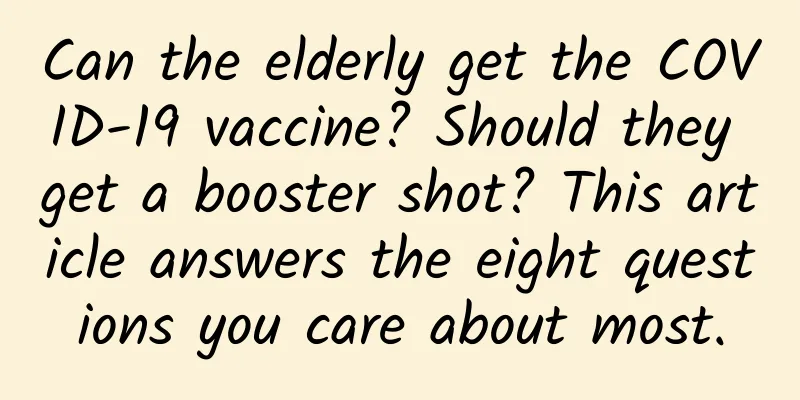Artificial intelligence predicts death: It is not the god of death, but helps humans live longer

|
Old age should burn and roar at sunset Rage Rage The dying of light We will all die someday, at a certain time and place, and it may remain a mystery to us until the mystery is revealed, or maybe not. Researchers are now applying artificial intelligence, specifically machine learning and computer vision, to predict when someone will die. The ultimate goal is not to play the role of the Grim Reaper, like a scary sci-fi machine in the Death Universe, but to treat or even prevent chronic diseases and other illnesses. A recent study on artificial intelligence for precision medicine used an off-the-shelf machine learning platform to analyse 48 chest CT scans. The computer was able to predict which patients would die within five years with 69 per cent accuracy. The article was published in Scientific Reports by a team led by the University of Adelaide. Artificial intelligence can also have a human heart In the end, the machine did a faster and better job of assessing risk for pulmonary hypertension, about 73 percent versus 60 percent. The researchers say the technology could be used to predict outcomes for other heart conditions in the future. "We want to develop this technology so it can be used across many heart conditions to supplement how doctors interpret the results of medical tests," study co-author Tim Dawes said in a press release. "Our goal is to see if better predictions can guide treatment and help people live longer." Artificial intelligence is getting smarter Ochdener-Reina said his team is still working on its ideal data sample but has improved prediction accuracy by 75% to 80% by including information such as age and gender. "I think there's an upper limit to our accuracy because there's always an element of randomness," he responded, saying that AI will be able to accurately pinpoint an individual's mortality rate, but we can be much more precise than we are now, taking into account each person's risks and strengths, and a model that combines all of these factors could hopefully predict 80% of the risk of near-term death. Others are more optimistic about how much AI will transform the medical field, and predicting how long people will live is actually one of the simplest applications of machine learning. But AI still has a lot to learn "Many organizations around the world are now spending millions of dollars on this task as it appears to be the main bottleneck to the success of AI healthcare," Oakden-Rayner said. In an interview with Statistics Canada, Obermeyer said data is fragmented throughout the healthcare system, so connecting information and creating comprehensive databases takes time and money. He also noted that while there is a lot of excitement about the use of AI in precision medicine, there has been very little activity testing these algorithms in clinical settings, saying, “It’s all well and good to say you have an algorithm that’s good at prediction. Now let’s move them into the real world in a safe, responsible, ethical way and see what happens.” Besides, preventing deadly diseases is one thing, but using artificial intelligence to prevent fatal accidents? That’s exactly what researchers from the United States and India set out to do when they investigated the disturbingly high death rate when taking selfies. The team identified 127 deaths caused by selfies over a two-year period. Based on a combination of text, image and location, the machine learned to identify whether a selfie was potentially dangerous. The software collected more than 3,000 annotated selfies on Twitter and achieved an accuracy rate of 73%. "The combination of image-based and location-based features was the most accurate," they report. What’s next for AI? This discussion begs the question: Do we really want to know when we're going to die? According to an article published earlier this year in the journal Psychology Today, the answer is a resounding "no." In Germany and Spain, nearly nine in 10 people asked if they wanted to know about their future, including their death, said they would prefer to remain ignorant. But Obermeyer thinks the situation is different, at least when it comes to people with life-threatening illnesses. “What those patients really want is not an objective prediction from their doctors about how long they are going to live,” he told Marketplace public radio. “Doctors are very reluctant to answer these questions, partly because, you know, you don’t want to be wrong about something so important.” But also partly because patients don’t want to know. From: NetEase Intelligence |
>>: How much do you know about iPhone 6S?
Recommend
Hair loss self-help guide: What can save you? My sparse hair...
Image source: Tuchong Creative Are you losing you...
The ups and downs of Chinese advertising companies over the past 40 years
*Commercial advertising was once accused of being...
Nezha Conquers the Dragon King teaches you how to prevent cancer: fighting the cancer demon with three heads and six arms, you must prepare these "magic weapons"!
When the Dragon King stirred up the storm, Nezha ...
10 ways to take advantage of iOS 8's new technical features to build more powerful mobile apps
[[121238]] 【51CTO translation】The new API combina...
What are the main daily tasks of bidding? How can we promote it well?
1. Make a data report for the previous day, check...
Will menopause, which plagues mammals, disappear after hundreds of thousands of years?
Leviathan Press: Menopause, also known as menopau...
「Black Hat SEO Forum」Lao Zhu SEO Amazon keyword ranking disappeared from the homepage?
【Black Hat SEO Forum】Amazon keyword ranking disap...
How much does it cost to join the Songyuan prenatal education mini program? What is the price for joining the Songyuan prenatal education mini program?
How much does it cost to join a prenatal educatio...
Love Guide: Winning the Long Run in Love Baidu Cloud Download
Love Guide: Winning the Long Run in Love A true l...
How to invest in selling products through Juleliang Qianchuan Video? Detailed process explanation
Recently, many friends have been discussing Julia...
Self-management book list for efficient life (all 10 books)
Introduction This set of books includes 10 volume...
Here are 13 thoughts on brand naming
I have written an article specifically on the iss...
A female scientist who loves to "find faults", she has made "eating fish without spitting out the bones" no longer a dream!
Foodies, are you ready for a new era of food with...
Tesla to use rare earth permanent magnets to drive electricity in preparation for entering China
Tesla purchased neodymium iron boron magnets for ...
The universal formula for e-commerce operations!
Recently I have been sorting out the e-commerce p...









